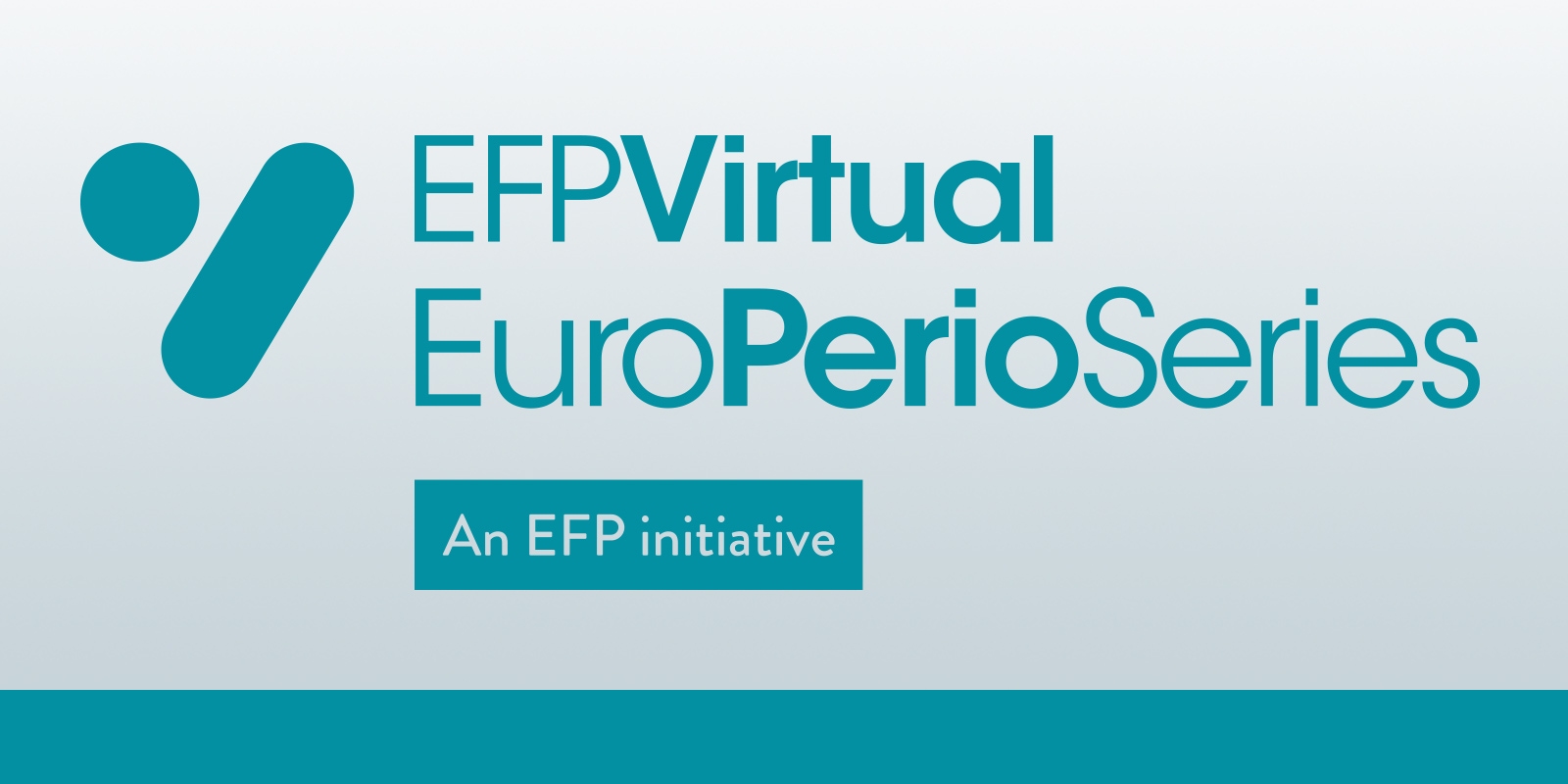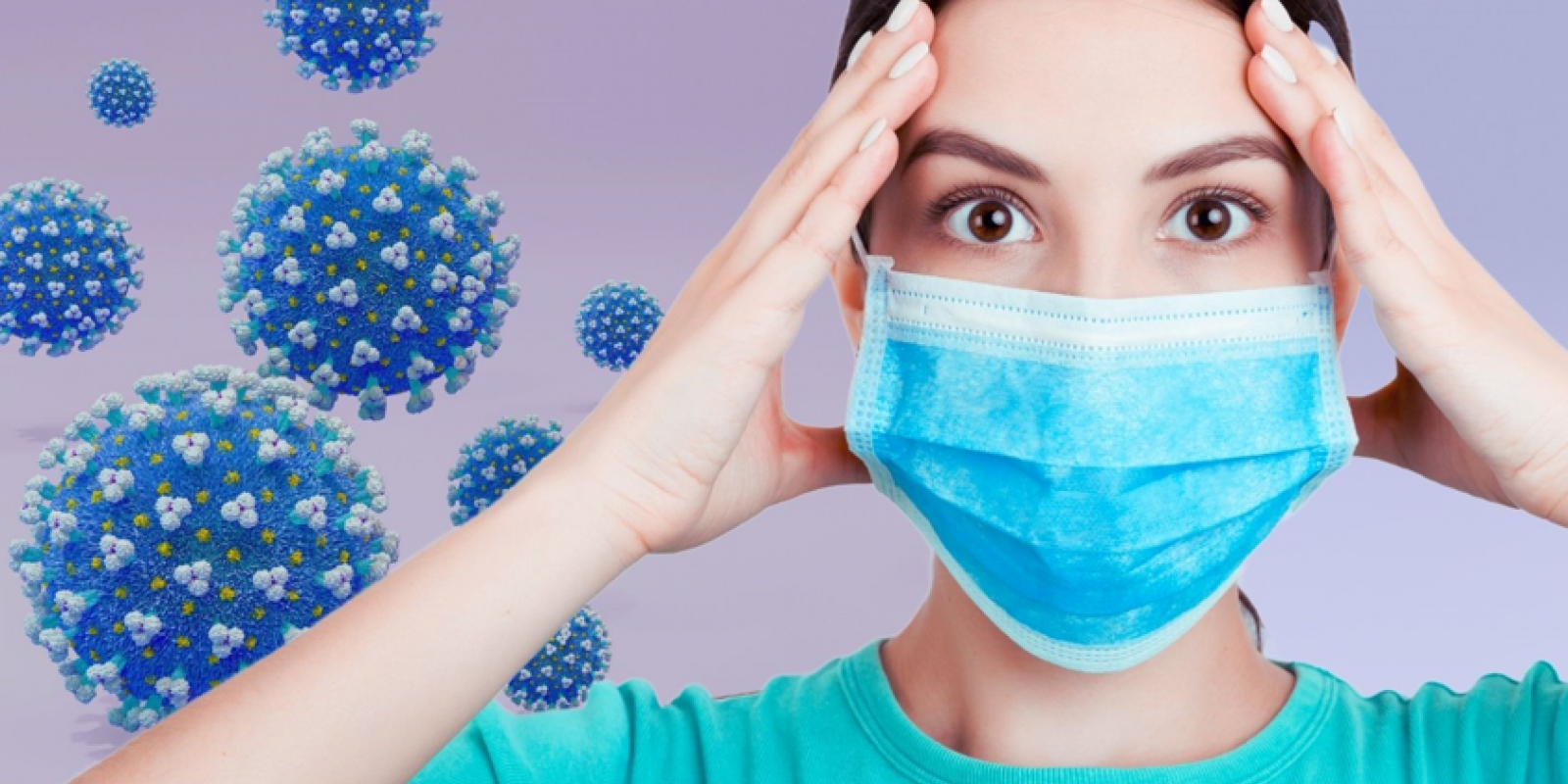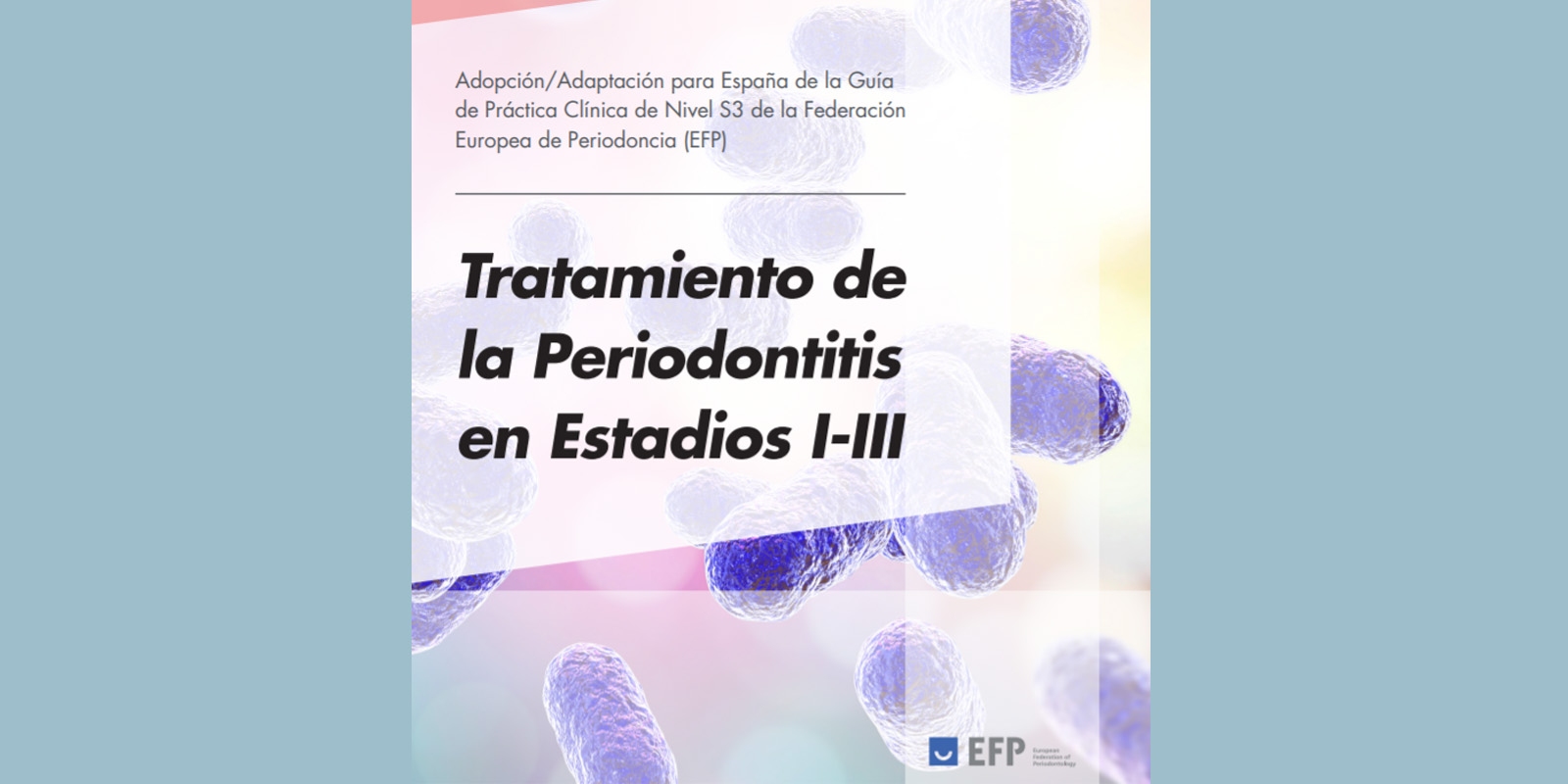DENTAID EXPERTISE
News for dentistry professionals
HYGIENE AND EATING HABITS FOR THE ORAL HEALTH MAINTENANCE OF CHILDREN WITH AUTISM SPECTRUM
13 Jul 2017

Dental hygienists play a very important role in offering relatives and caregivers recommendations for improving autistic children’s dental health.
Patricia González Acero Head of the Commission on Disability and Special Patients of the Professional Association of Dental Hygienists of the Community of Madrid (Spain)
There are several studies showing an association between Autism Spectrum Disorder (ASD) and primary dysfunction of the mirror neurons. As their name implies, these neurons “reflect the outside world,” and if we take this concept to the field of oral health, this means that “if my mirror neurons do not work properly, it will be very difficult for me to empathise, express my emotions and—what is most important here—learn by imitation.”
So here is the problem: children with ASD do not learn oral hygiene techniques by imitation. In this sense, the dental hygienist plays a fundamental role as an oral health coach.
It has also been shown that children with ASD represent a risk group for oral diseases such as tooth decay or candidiasis because of medication, diet or mouth mobility habits. Medication cannot be withdrawn nor mouth mobility habits modified, as these are related to other behavioural issues that must be treated by other disciplines, but it is possible to work on oral hygiene techniques and on diet.
ORAL HYGIENE TECHNIQUES
• Noise is not well tolerated by these patients, so you have to start by suggesting they use a soft brush with a small head, since they are much more sensitive than most people.
• In addition, if the child has psychomotor limitations, the handle of the brush may have to be adapted so that it can be held with ease. You can use silicone to make a personalised handle at the clinic, to be used as a game in which he will play a leading role.
• The taste of the toothpaste may be a problem due to acute sensitivity, so if deemed appropriate, brushing might be begun without toothpaste and its use considered later on.
• Dental floss should be part of their routine and the habit should be introduced as soon as possible.
• As to brushing time, a song they like might be used to mark the beginning and the end of the activity.
• Cartoon series like “Caillou” have episodes dealing with issues such as the visit to the dentist and brushing technique. These can be used to work with and prepare the child for these new situations.
• Families and caregivers should be taught to review and/or assist with implementing these techniques. The degree to which the child is affected or his autonomy will determine this.
The emotional rigidity of children with ASD plays a favourable role since although it is true that they will not learn by imitation, once they acquire a routine, they will perform it automatically for the rest of their lives. For this reason, it is essential to establish an oral hygiene routine, always with positive reinforcements.
DIET
Solid, low-sugar, low-carbohydrate diets are recommended. Industrial pastries should be forbidden, sodas and juices should be curbed or cut out, and substituted by water, seasonal fruit and cold-meat sandwiches.
CONCLUSION
Regular check-ups should form part of the routine for children with ASD. The family’s cooperation will be decisive for maintaining optimal oral health in these patients.
RELATED ARTICLES

17 Feb 2022
EuroPerio Series: professional discussions and scientific exchange
To keep the global perio community up to date with the latest research findings as well as give a taster of what is to come at EuroPerio10, the…

21 Jan 2022
Xerostomia in COVID-19 positive patients: clinical considerations
Severe Acute Respiratory Syndrome Coronavirus 2 (SARS-CoV-2) the cause of the pandemic known as COVID-19, affects different organs and systems (lungs,…

20 Jan 2022
A guide adapted to Spain to optimise the approach to periodontitis
There are currently numerous clinical practice guidelines to direct the treatment of many systemic diseases (such as diabetes, depression,…
Sign up for the DENTAID Expertise newsletter
Sign up for the newsletter